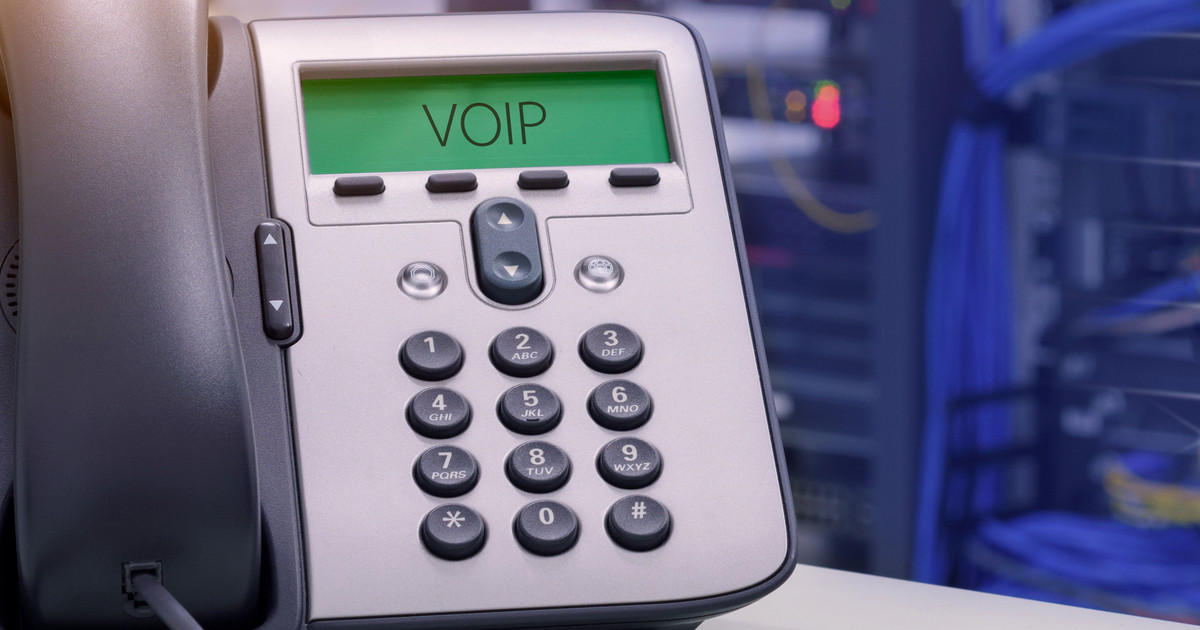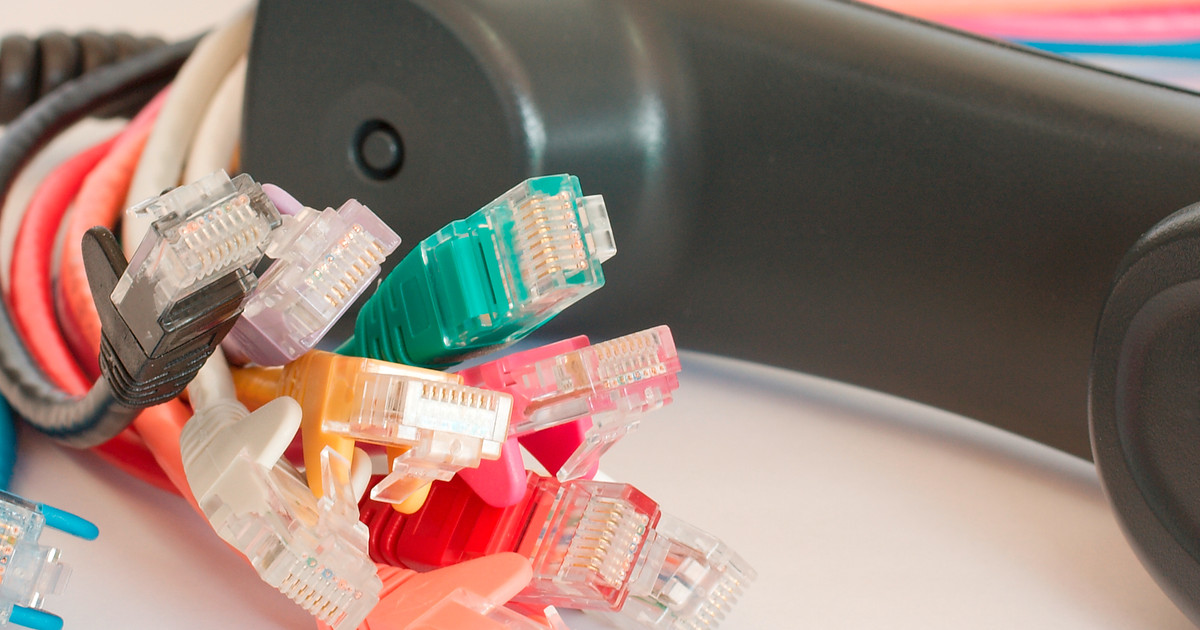Ditch Your Landline! New Cheap Voice Technology For Seniors Is Replacing Expensive Telephones
Landlines used to be the best technology for talking to others in the early and mid-1900s. But now they've become an outdated and costly relic of the past! As the communication industry shifts into the realm of integrated internet services and technology, the demand and support for landlines are decreasing. The costs of repair to the physical components that make landlines possible are higher than the costs of maintaining its newer and more efficient grandchild service: VOIP.
So many people are ditching their landlines and switching to VOIP services. Even seniors are doing it! Seniors want to stay connected, so they look for popular VOIP phone systems. But of course, it's also time for seniors to act now and find cheap VOIP systems!
What Is VOIP?

VOIP is an acronym for Voice Over Internet Protocol. It's a system that allows users to make phone calls over the internet or local area networks! Landlines send voice data over physical copper cables running from one place to the next. The further data has to travel to the other end, the more expensive the phone calls become. VOIP allows you to use your internet service for the same function at a significantly lower price. VOIP gives you the functionality of a landline and various additional features. But it leaves the additional costs behind!
Most VOIP providers include features such as call forwarding, voicemail, call waiting, and caller ID. Hold music, do not disturb, and a blacklist are common too! Providers also often give anonymous call rejection, three-way calling, and call parking at no extra charge. Switching from a landline is especially appealing to people who already pay every month for standard internet service. It's an add-on to what they already have!
How VOIP Works

VOIP services work by changing the voice data that comes into your end of the phone. It turns into a digital signal that's transmitted over the internet to its destination. With a VOIP phone, you can place calls to landlines, mobile phones, and other VOIP phones. VOIP phones take your voice data and synthesize it into small digital packets. These digital packets are similar to envelopes! They carry the digital data over the network between the caller and recipient.
VOIP phones only need a computer, software, an internet connection, and the service itself to operate. This means you can use VOIP almost anywhere. You just need an internet connection! Landlines are connected to a dedicated telephone jack in your home and aren't portable. Landlines require an open and consistent connection to maintain functionality while on a call. VOIP phones make connections during the call between the networks as needed over the cheapest and least occluded lines available.
VOIP Phone Companies

In terms of what company to use to obtain VOIP phone service, you have many options! Most people start by contacting their internet service provider (ISP) to see if they offer a VOIP service. Bundling internet and phone services can yield discounts and other perks! Popular internet service providers that provide VOIP services include AT&T, Spectrum, Time Warner, and Comcast Xfinity. If your ISP doesn't provide a VOIP service or you prefer not to use it, other companies offer VOIP services that work with existing internet connections.
Several factors should weigh into your decision on what company to choose. The factors include the quality of their customer service, the equipment included, free added features, and call quality! Popular residential standalone VOIP providers include Vonage, Google Voice, Skype Premium, eVoice, Lingo, Verizon, and Ooma.
Software And Systems Needed

You may be wondering what equipment is needed to set up your own VOIP phone, and any costs associated with it. The first necessary component to set up a VOIP phone is a high-speed internet connection! A modem acts as the hub for the internet connection for all the devices that use it. Once a high-speed internet connection is in place, you need a VOIP telephone, VOIP adapter with a traditional phone, or a computer with specific software and a microphone.
Many VOIP providers also offer computer software and the equipment needed to use their services. If you choose to go the computer route, most softphone software used for VOIP phones requires your computer to have Windows, Linux, or Mac OS that's less than a decade old. The overall cost of the components needed to set up a VOIP phone tends to be 2 to 3 times lower than what's required for a landline.
Why Switch To VOIP?

There are many reasons why you may want to switch from a landline to VOIP. One of the biggest reasons for the switch is reliability. This ties into the differences in how these two phone systems operate! With traditional phone service, the voice data only has one route it can take. A VOIP phone can send the voice data in packets through multiple routes to the recipient!
If the landline goes down, the phone won't work at all. But VOIP phones can simply route the voice data packets a different way when one path isn't working correctly. The phone can still work! VOIP costs less, and it's more reliable. It also offers users the ability to use their email to check their voicemail. They can also send voice messages with an email! It's time to switch!